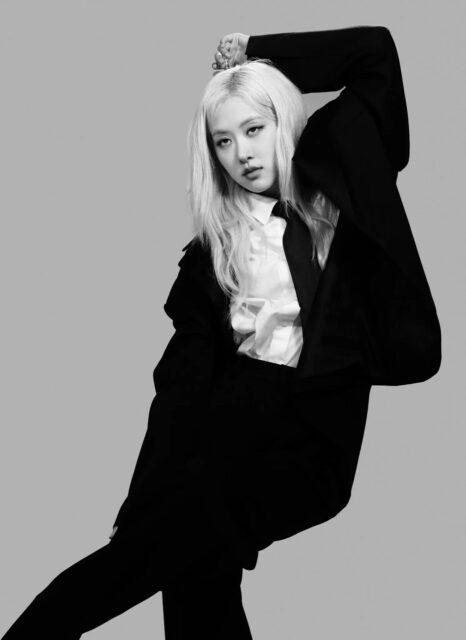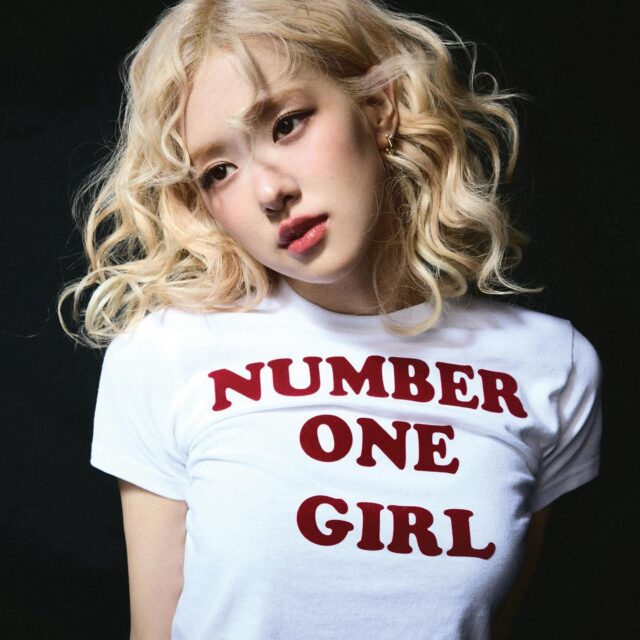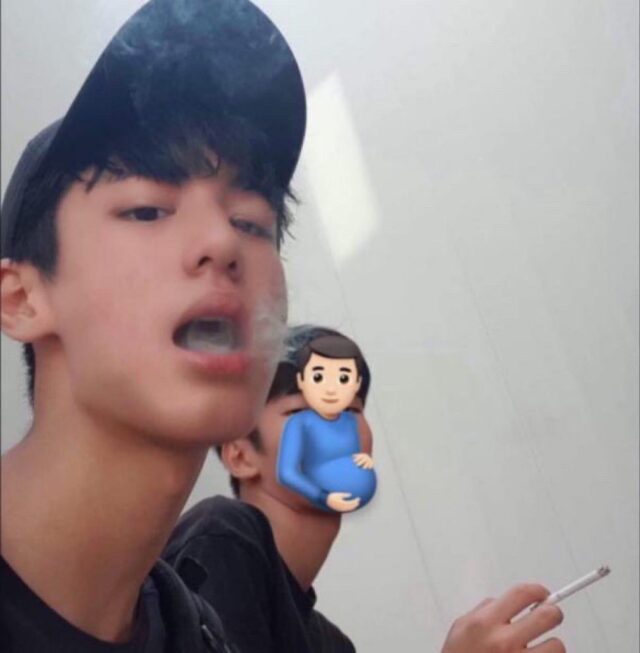BLACKPINK’s Rosé has been in the spotlight lately as she gears up for the release of her debut album, rosie. Most recently, Rosé opened up about the dark side of her impressive popularity, including her struggles with anti-fans and their bullying, during an interview with The New York Times.

During the interview, Rosé revealed the inspiration behind the album track “Vampirehollie,” which is also her new Instagram account’s handle. She explained that the song was born from her experiences with the previously-private Instagram account meant to escape the pressures of her public persona.
I can’t let you break me like this.
— Lyrics from “Vampirehollie”
The account seemingly allowed the superstar a sense of freedom and privacy. When that was ripped away from her, Rosé didn’t take it too well.
It’s my Finsta. And then a few fans found out about it, and there are certain people who want to be negative, and they were trying to find all the ways to get to me. They ended up getting to that account and then using that to cause drama and create — actually trigger me.
— Rosé via The New York Times

The relentless negativity took a toll on her mental health, leading her to confront the harsh reality of online bullying that disproportionately affects female K-pop idols.
While discussing the issue, Rosé broke down in tears.
I think so. [Rosé starts to cry.] I don’t want to get emotional about it, because I would say I’m pretty strong-minded. Like, I am very positive, and I like to be smart about how things affect me.
But when it actually did get to me, it felt pretty, pretty bad. I was like, ‘Oh, my gosh, I am going through this.’I never thought I would. I would see things online, and I’d always think, I wonder why they let that get to them? When it did, I was shocked.
— Rosé via The New York Times
In the end, the BLACKPINK star revealed that writing about the whole experience and then naming the track “Vampirehollie” helped her deal with the situation. She also opened up more about how songwriting has helped her protect her mental health in the midst of online bullying and the rise of anti-fans.
Source: The New York Times







Leave a Reply